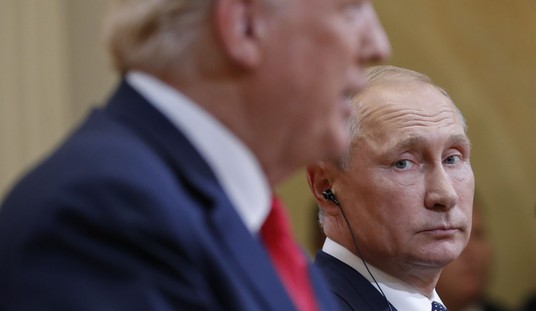In Glik v. City of Boston, et al, a Mr. Glik had used his cellular phone to video and audio tape a police encounter with a man on the Boston Common. He was arrested for doing so but charges were thereafter dropped. He then filed suit in Federal District Court alleging violation of his First and Fourth Amendment rights, viz freedom of speech and from arrest without probable cause. Defendants’ motion to dismiss was denied and an interlocutory appeal to the U.S. Court of Appeals for the First Circuit followed. The court held that Glik had a Constitutional right to record the encounter and to not be arrested for doing so. As the court noted,
In this interlocutory appeal, the defendant police officers challenge an order of the district court denying them qualified immunity on Glik’s constitutional claims. We conclude, based on the facts alleged, that Glik was exercising clearly established First Amendment rights in filming the officers in a public space, and that his clearly-established Fourth Amendment rights were violated by his arrest without probable cause. We therefore affirm.
This is, or at least should, be fairly simple boilerplate stuff. However, the more interesting analysis follows where the court found no First Amendment distinction between an “ordinary” citizen and a respectable member of the credentialed press.
It is of no significance that the present case . . . involves a private individual, and not a reporter, gathering information about public officials. The First Amendment right to gather news is, as the Court has often noted, not one that inures solely to the benefit of the news media; rather, the public’s right of access to information is coextensive with that of the press. Houchins,(Stewart, J., concurring) (noting that the Constitution “assure[s] the public and the press equal access once government has opened its doors”); Branzburg, (“[T]he First Amendment does not guarantee the press a constitutional right of special access to information not available to the public generally.”).
Indeed, there are several cases involving private individuals among the decisions from other courts recognizing the First Amendment right to film. See, e.g., Smith; Robinson v. Fetterman, (holding that arrest of individual filming police activities from private property violated First Amendment); Cirelli v. Town of Johnston Sch. Dist., (holding that teacher had a right under the First Amendment to videotape potentially hazardous working conditions at school, which were a matter of public concern). Moreover, changes in technology and society have made the lines between private citizen and journalist exceedingly difficult to draw. The proliferation of electronic devices with video-recording capability means that many of our images of current events come from bystanders with a ready cell phone or digital camera rather than a traditional film crew, and news stories are now just as likely to be broken by a blogger at her computer as a reporter at a major newspaper. Such developments make clear why the news-gathering protections of the First Amendment cannot turn on professional credentials or status.
To be sure, the right to film is not without limitations. It may be subject to reasonable time, place, and manner restrictions. . . . We have no occasion to explore those limitations here, however. On the facts alleged in the complaint, Glik’s exercise of his First Amendment rights fell well within the bounds of the Constitution’s protections. Glik filmed the defendant police officers in the Boston Common, the oldest city park in the United States and the apotheosis of a public forum. In such traditional public spaces, the rights of the state to limit the exercise of First Amendment activity are “sharply circumscribed.” Perry Educ. Ass’n v. Perry Local Educators’ Ass’n. Moreover, as in Iacobucci, the complaint indicates that Glik “filmed [the officers] from a comfortable remove” and “neither spoke to nor molested them in any way” (except in directly responding to the officers when they addressed him). Such peaceful recording of an arrest in a public space that does not interfere with the police officers’ performance of their duties is not reasonably subject to limitation. (emphasis added, some citations omitted)
The court did not hold that members of the public (or, for that matter, members of the press) can interfere with the police in the performance of their duties or that discretionary admission of members of the press to crime scenes to examine and/or to record them mandates the admission of members of the public; such matters were not before the court. However, it is refreshing to find a clear judicial acknowledgement that “the news-gathering protections of the First Amendment cannot turn on professional credentials or status.”









Join the conversation as a VIP Member